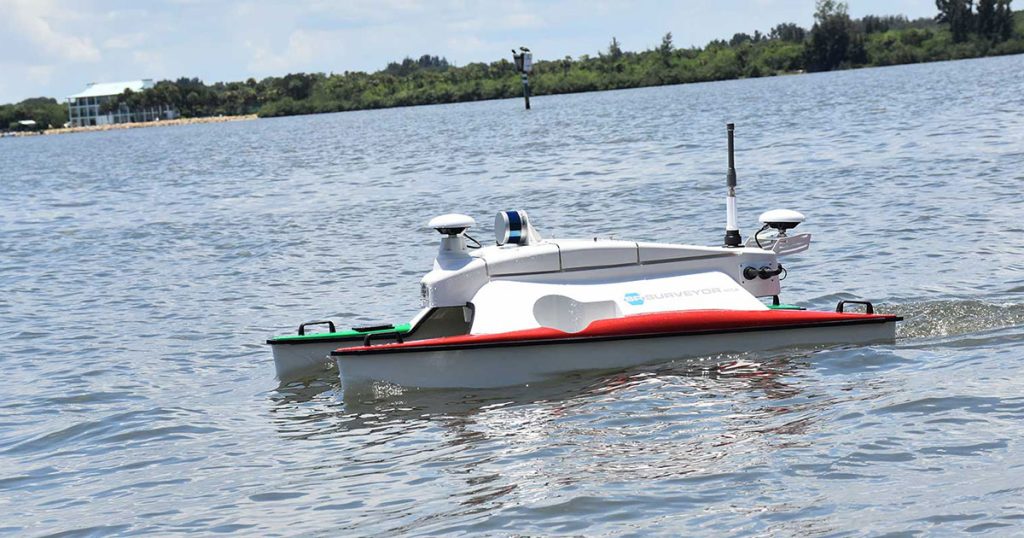Ocean Specialists, Inc. (OSI), today announced the launch of a new service line, USVs (Uncrewed Surface Vehicles) as a Service, to further bolster the company’s system integration and marine project management services for complex offshore activities.
OSI’s USVs as a Service business line will provide ocean and offshore operators with direct access to an exclusive portfolio of easy-to-transport multi-mission USVs, ranging from 1.8 meters to 11.0 meters in length. OSI’s comprehensive suite of USV services, from simple charter to more complete turnkey packages, are offered with technical support for payload integration, in-field deployment assistance, and operational training.
“USVs will prove increasingly more instrumental to future at-sea operations across a range of industries over the coming years,” said OSI General Manager Perry Wright. “OSI has invested in several multi-purpose units, each optimized for an array of marine domain applications, so whether it’s a high-endurance USV to facilitate a marine survey of critical infrastructure or a more compact unit engineered for search and rescue operations in hazardous or hard-to-navigate waters, we are equipped to advise customers on the most suitable model and payload specifications to best match their needs.”
Furthermore, the USVs share the same proprietary operating system and user interface which means multiple units—of varying size, capability, and endurance—can be configured and deployed at the same time to act as force multipliers. Our unique operating system allows for both cooperative and collaborative operations when multiple USVs are deployed. This system standardization allows users to execute a wide variety of tasks quickly and cost-effectively using the same software, controls, and operator training.
“Adding USVs as a Service to our expanding range of technology-based services will give our Department of Defense customers and commercial partners a cost-effective means of integrating this fast-evolving technology into their ongoing operational plans, all in the name of increased efficiency, safety, and carbon footprint reduction,” added Wright.
